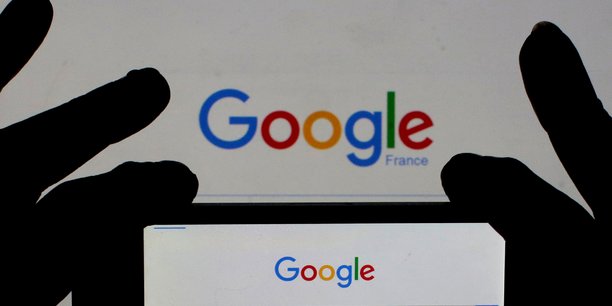
“Mozilla is pushing companies to be more private, and its key product is different at its core. The browser market is dominated by Google’s Chromium codebase and its underlying browser engine, Blink, the component that turns code into visual web pages. Microsoft’s Edge Browser, Brave, Vivaldi, and Opera all use adapted versions of Chromium. Apple makes developers use its WebKit browser engine on iOS. Other than that, Firefox’s Gecko browser engine is the only alternative in existence.“This market needs variety,” Willemsen says. If Firefox diminishes further, there’ll be less competition for Chrome. “We need that difference for open internet standards, for the sake of preventing monopolies,” Willemsen says. Others agree. Everyone we spoke with for this story—inside and outside of Mozilla—says having Firefox flourish makes the web a better place. The trick is figuring out how to get there.”
Source : Is Firefox OK? | WIRED







